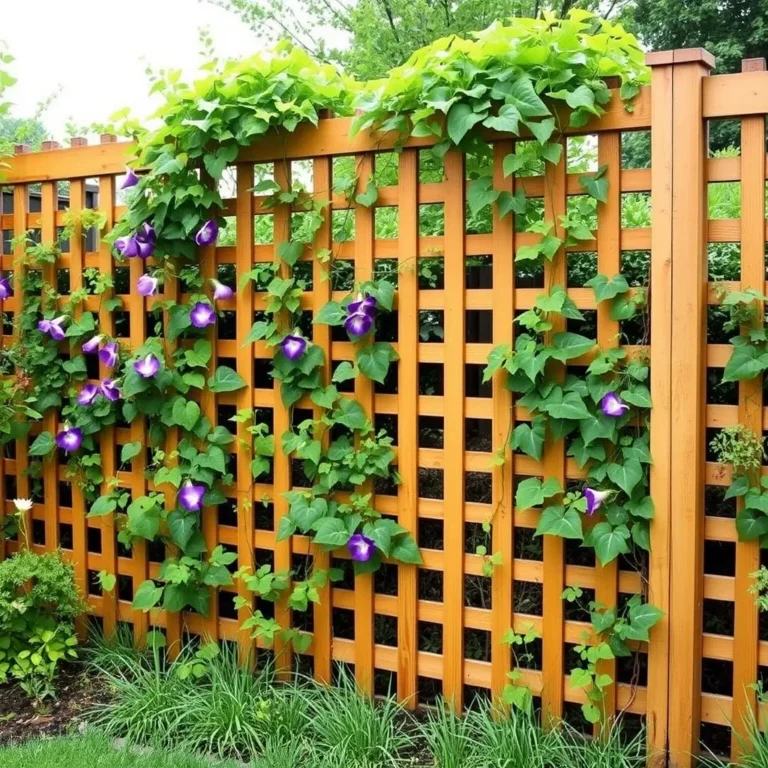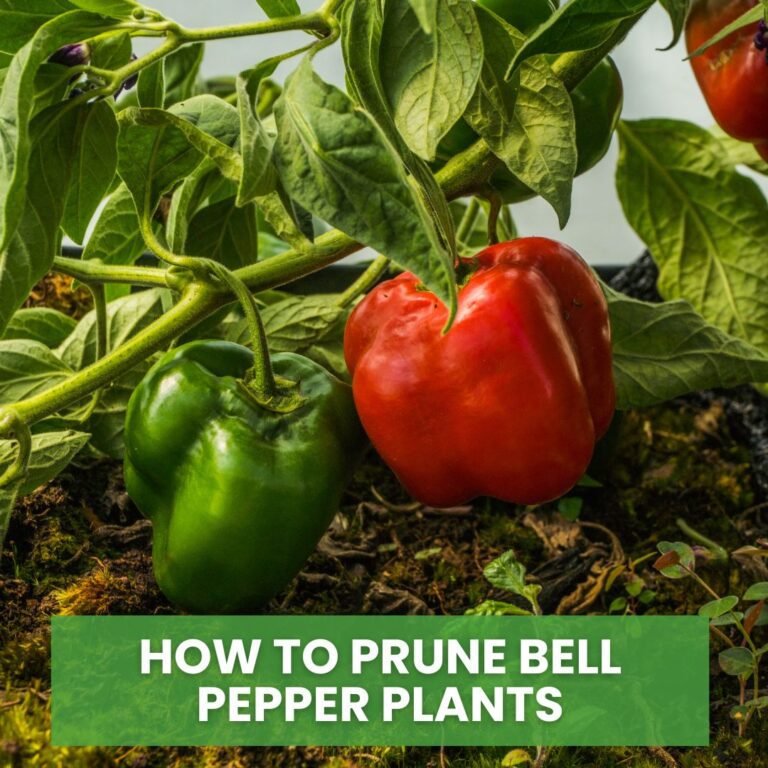Garden Tips for Winter: 15 Ways to Protect and Prepare Your Yard
Winter can be tough on gardens, but with the right approach, you can keep your outdoor space healthy and ready for spring.
Many gardeners make the mistake of leaving their yards unattended during cold months, only to face damaged plants and wasted effort later.
These garden tips for winter are simple, effective, and designed for US homeowners who want their gardens to thrive year-round.
From protecting soil to preparing perennials, you’ll find practical strategies that save time and preserve beauty.

1. Mulch to Protect Roots
Applying a layer of mulch insulates soil and keeps plant roots safe from freezing temperatures. It also helps retain moisture during dry winter days.
2. Water Before the Ground Freezes
Give your plants a good soak before the soil hardens. Moist soil holds heat better than dry soil, which helps protect roots through frosty nights.
3. Cover Delicate Plants with Burlap
Use burlap or frost cloth to wrap sensitive shrubs or small trees. This adds a protective barrier against harsh winds and ice damage.
4. Clean Up Fallen Leaves and Debris
Leaving leaves piled up can invite pests and mold. Rake them away or compost them for later use to keep your garden tidy and healthy.
5. Prune Dead or Diseased Branches
Pruning in winter removes weak or infected branches that could break under snow. It also prepares plants for strong growth when spring arrives.
6. Protect Potted Plants
Move containers closer to your home or into a garage. If they stay outside, wrap pots with insulation to prevent root damage.
7. Add Evergreen Plants for Color
While many plants go dormant, evergreens bring life to your winter garden. They add structure, color, and a year-round appeal to your yard.
8. Create Windbreaks for Exposed Areas
Install temporary barriers like fences or hedges in open areas. Windbreaks protect plants from strong winter winds that can dry them out.
9. Feed Birds with Feeders
Birds help control pests year-round, so keep them around by hanging feeders. They add activity and charm to an otherwise quiet garden.
10. Prepare Raised Beds with Compost
Spread compost or organic matter over raised beds before winter sets in. By spring, nutrients will have broken down, giving you rich soil to work with.
11. Insulate Garden Hoses and Faucets
Drain hoses and cover outdoor faucets to prevent freezing. This simple step avoids damage and costly repairs when temperatures drop.
12. Grow Winter Vegetables in Cold Frames
Cold frames allow you to extend your growing season with hardy crops like kale or spinach. They protect plants while giving you fresh produce in winter.
13. Protect Young Trees with Guards
Use plastic or mesh tree guards around trunks to shield against rodents and frost cracks. This helps young trees survive the cold months stronger.
14. Check Garden Tools and Store Properly
Clean, sharpen, and oil your tools before storing them. Keeping tools in good shape ensures they last longer and are ready when spring arrives.
15. Plan Next Season’s Garden Layout
Winter is the perfect time to design your garden for the upcoming year. Sketch ideas, research plants, and make notes for a smoother start in spring.
Helpful Tips for Winter Gardening
-
Avoid overwatering: Dormant plants don’t need as much water. Stick to occasional deep watering before hard freezes.
-
Don’t fertilize in winter: Fertilizing encourages new growth that can’t survive cold weather.
-
Label your plants: Use markers so you remember what’s planted where once the snow melts.
-
Check coverings regularly: Strong winds or heavy snow can shift burlap or cloth covers, leaving plants exposed.
-
Rotate bird feeders: Move feeders occasionally to keep the ground below from turning muddy or icy.
Final Thoughts
Your garden doesn’t need to sit neglected during the cold months. By following these garden tips for winter, you’ll not only protect your plants but also set the stage for a vibrant spring.
From mulching and pruning to preparing raised beds and planning ahead, every step counts.
With a little care now, you can enjoy a healthier, more resilient garden that rewards you when the warm weather returns.






